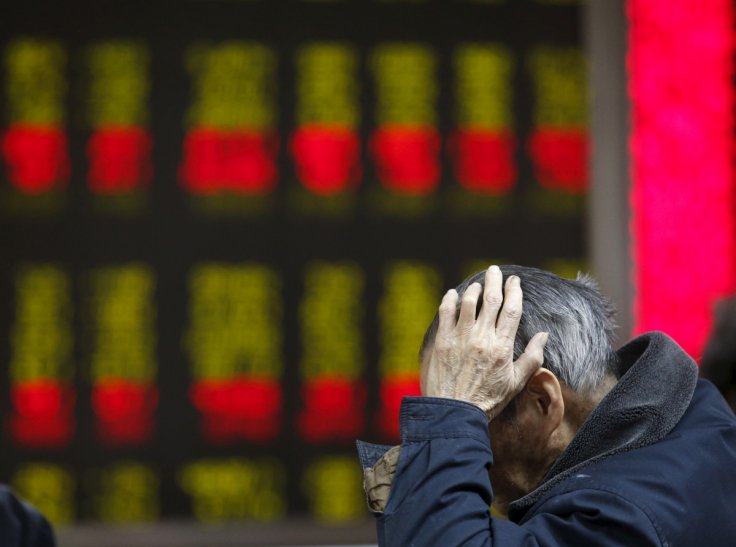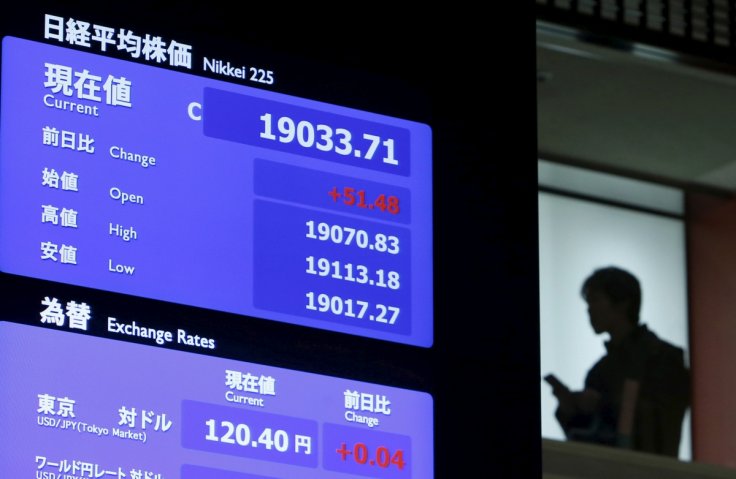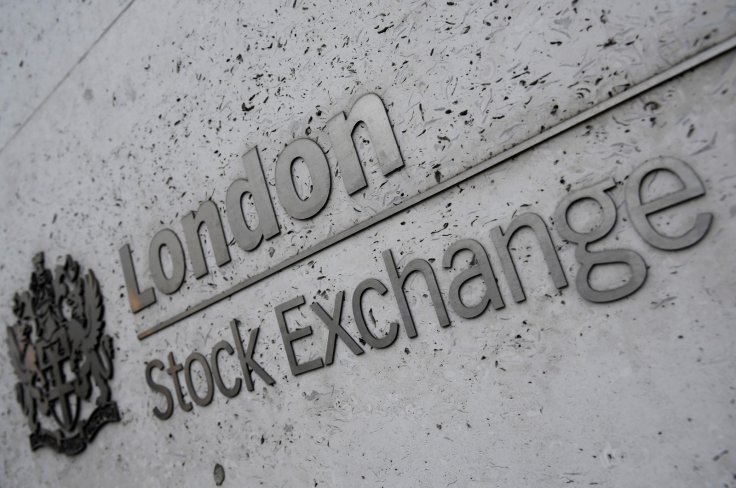World markets plunged on Monday as worries over China's Covid-19 surge rattled investors. European stocks fell sharply after the China jolt sent tremors through the Asian markets earlier on Monday.
The tumble came after China implemented mass testing in Beijing, raising concerns that the capital could see an outbreak like the one witnessed in Shanghai. A worsening of the pandemic in China will hurt the crucial supply chains and badly impact the global economy.
Over the weekend, Chinese authorities warned that the virus has been spreading in key cities, although Beijing has so far reported only a handful of new cases.

The FTSE 100 share index in London fell as much as 2.2 percent while markets in Germany and France saw sharp declines. Japan's Nikkei index dropped almost 2 percent.
Earlier in the day, the Shanghai Composite Index nosedived more than 5 percent, while Hong Kong's Hang Seng dropped 3.7 percent.
The pan-European Stoxx 600 index was down 2 percent on Monday morning.
Though the Chinese situation is not grim by any standards, analysts reckon the possibility of Beijing coming too hard and locking cities down as it aggressively pursues a zero-Covid policy.

"The scourge of Covid continues, with China unwavering in its zero-tolerance policy ... As cases erupt in Beijing, there is concern that prolonged lockdowns will hit employment and lead to a sharp slowdown in growth as well as sparking fresh shipping logjams and supply chain issues," said Susannah Streeter, senior investment and markets analyst at Hargreaves Lansdown, BBC reported.
$155 Billion Erosion in Asian Dollar Debt
Meanwhile, Bloomberg reported that investors in Asian dollar debt have lost a whopping $155 billion over the past 9 months, due mainly to the concerns over the health of the Chinese economy.

The trend continued on Monday, the report added, saying that Asian investment-grade dollar credit spreads widened further even as risk assets suffered widely.
"Some investors are wondering whether current levels represent attractive entry points ... To us, macro uncertainties are likely to dominate," " Goldman Sachs Group Inc. credit analysts Kenneth Ho and Chakki Ting said.
China last week hardened measures to rein in the spread of the coronavirus. Following an uptick in its citizens searching for ways to seek overseas migration, Chinese authorities asked them to hand over their passports until the pandemic is over, reports said last week. Despite stringent measures in place, China is seeing a massive surge of cases again. Employers and family members in Hunan have been instructed by the local police to hand over their passports.
Read more








